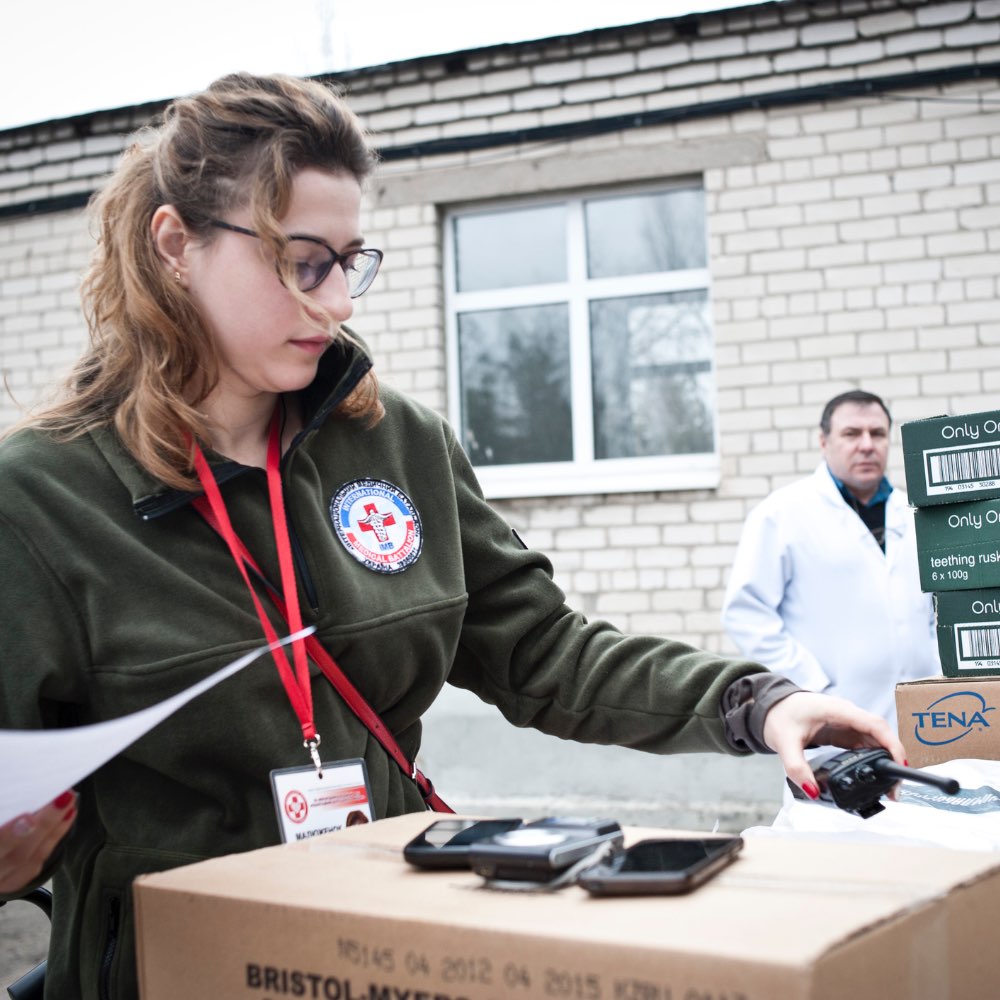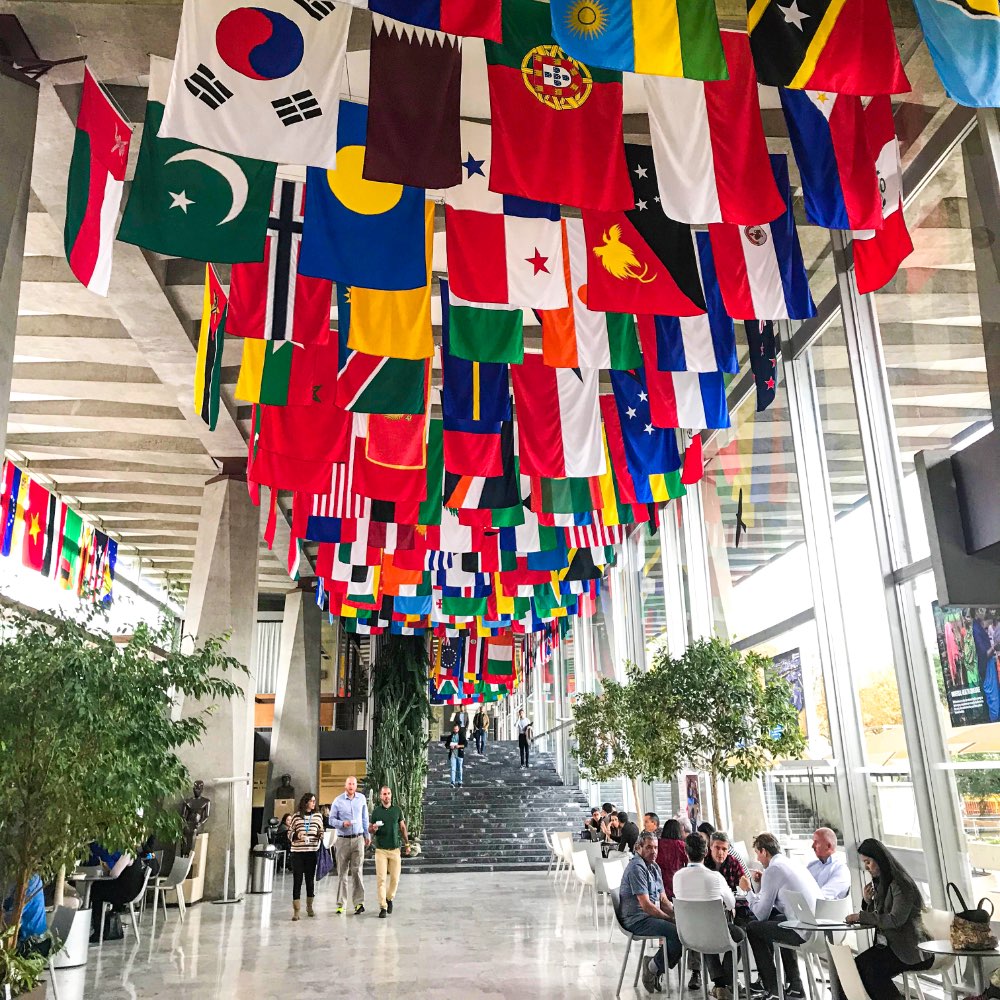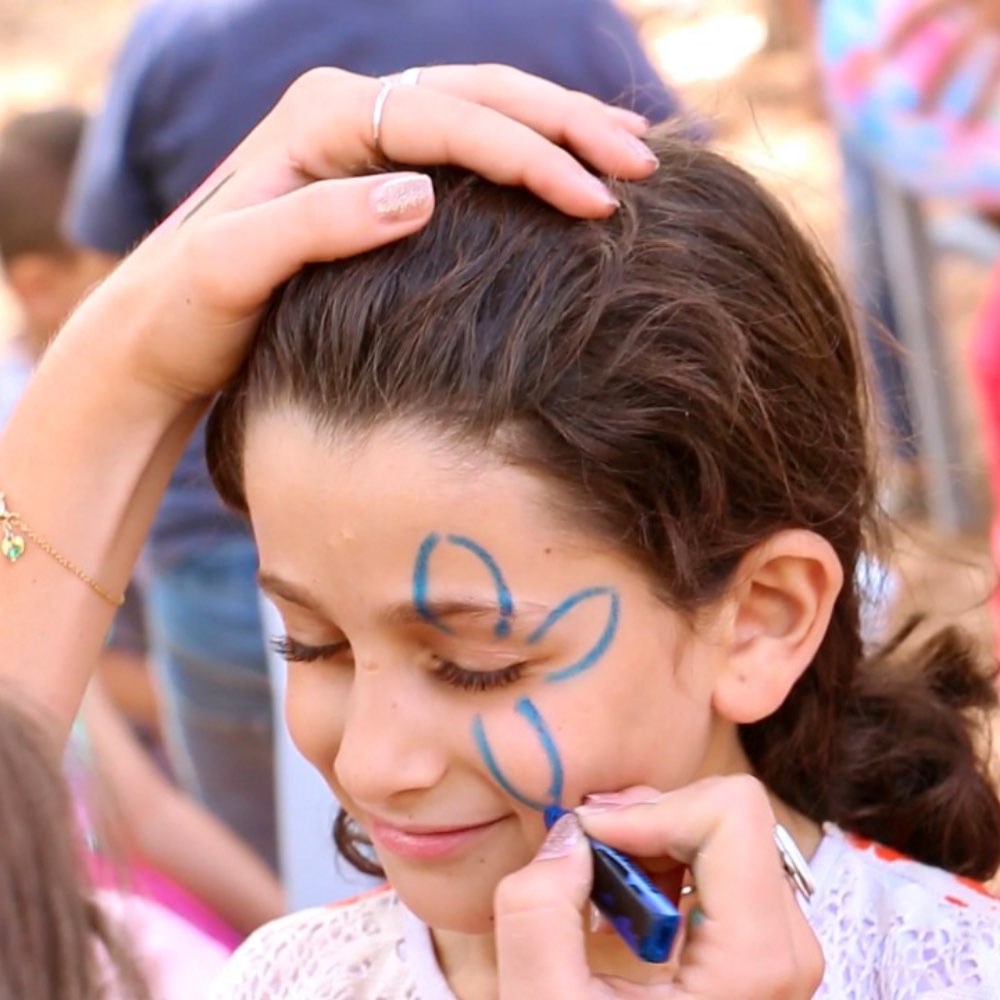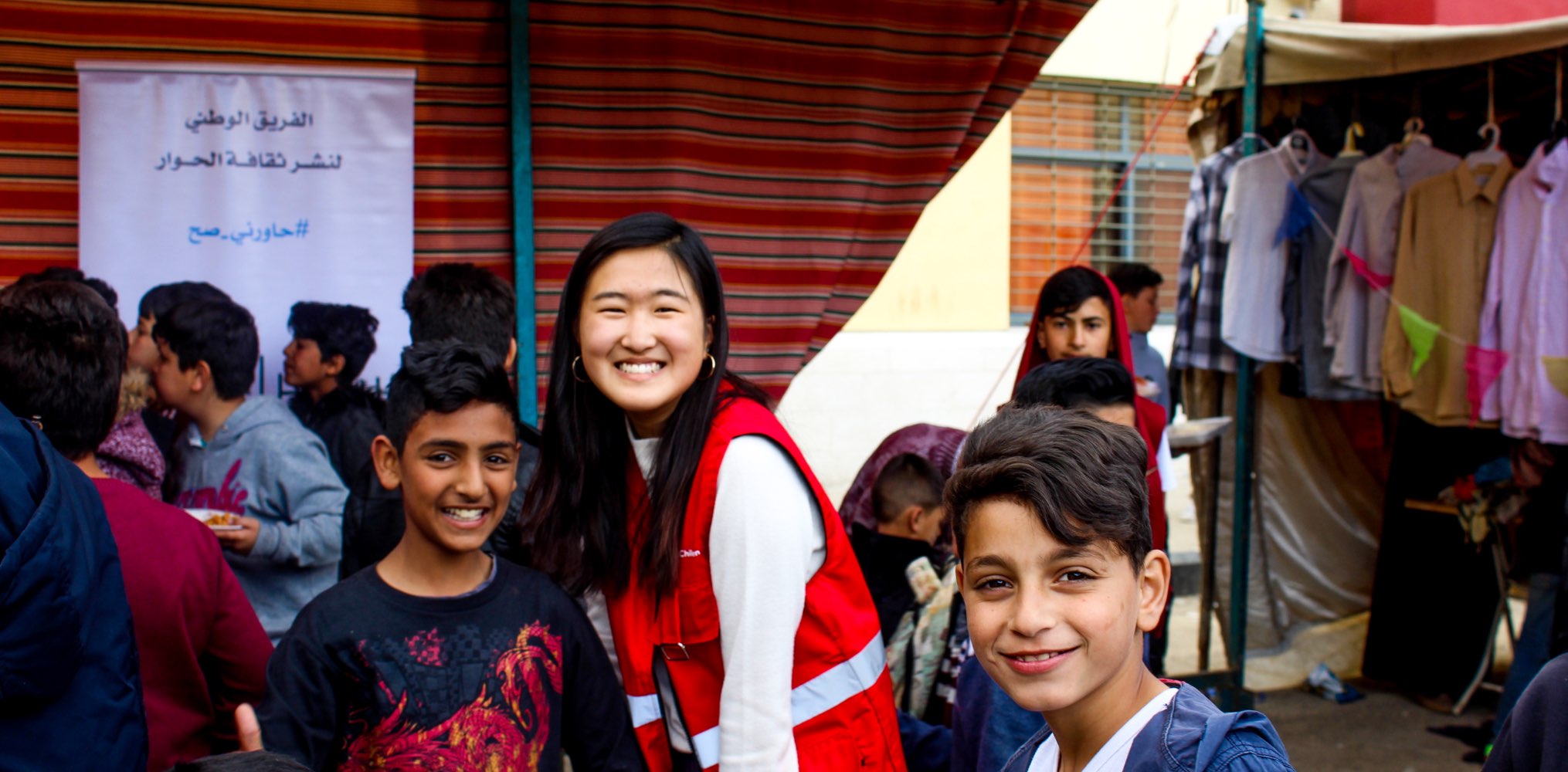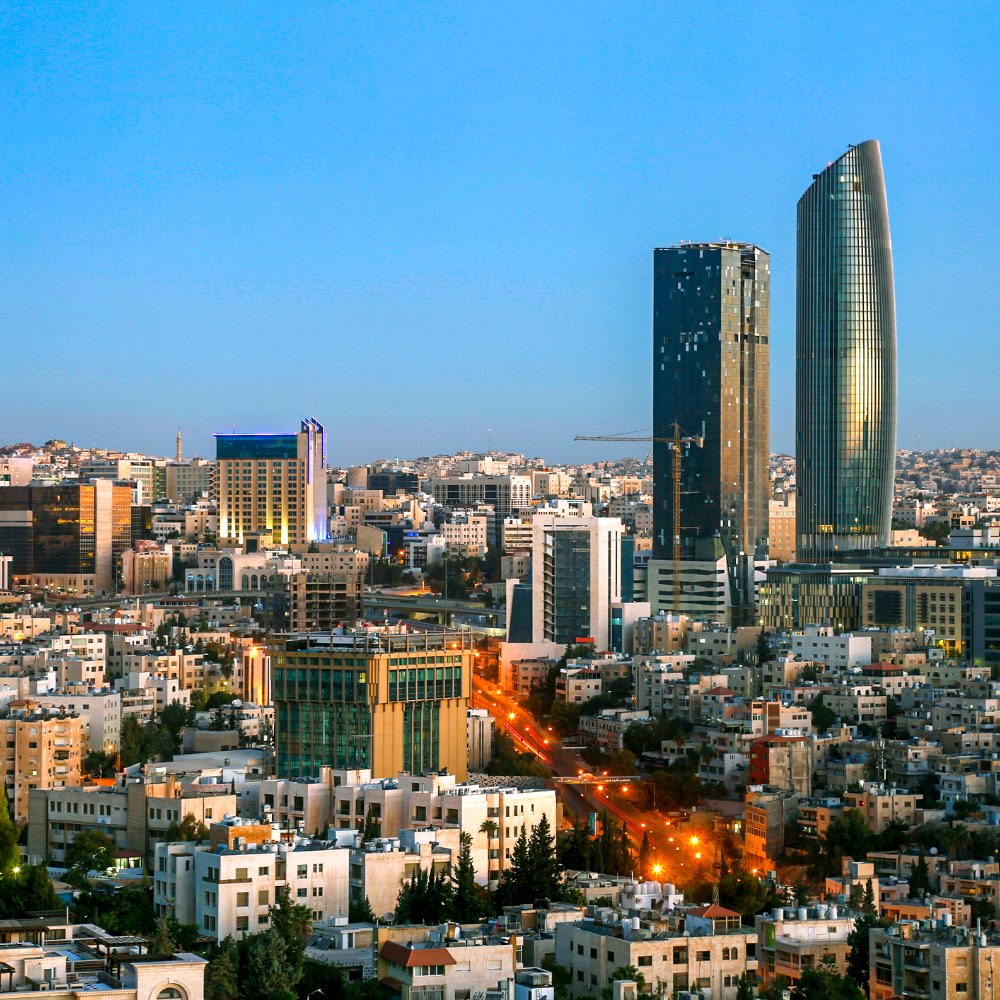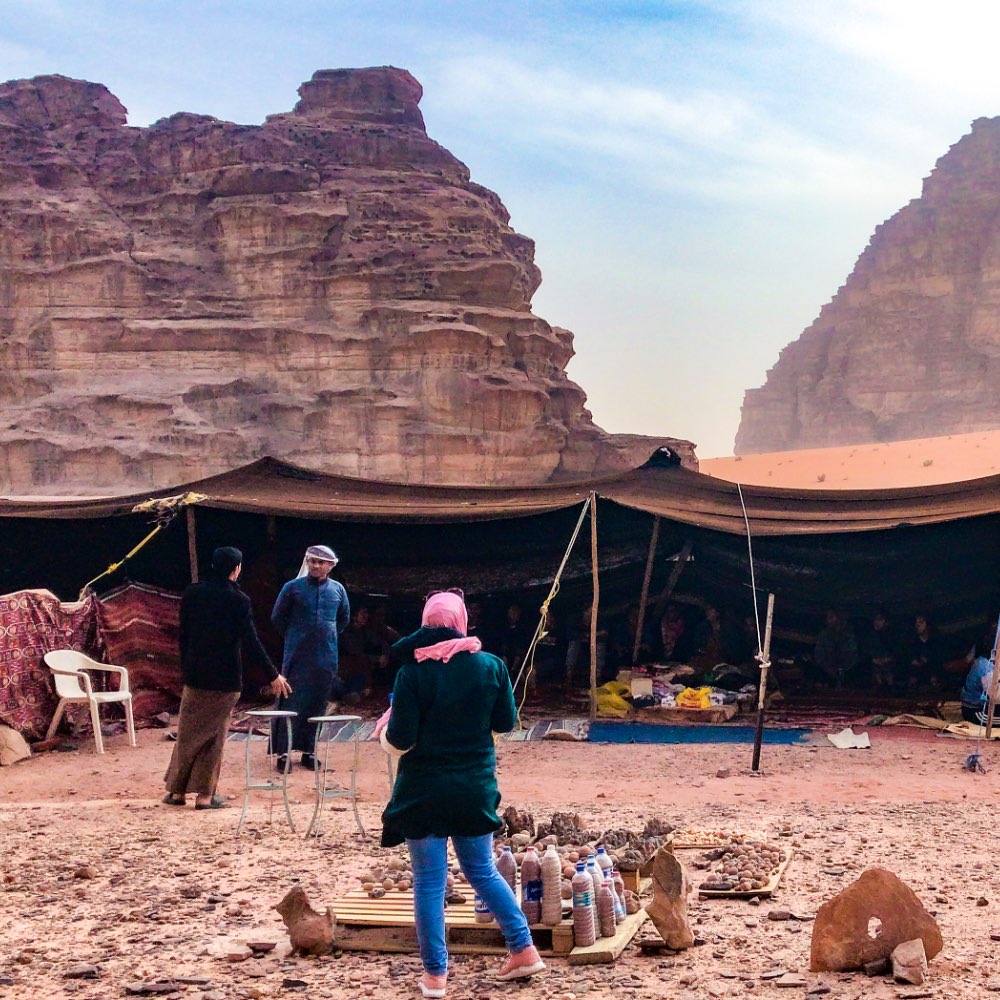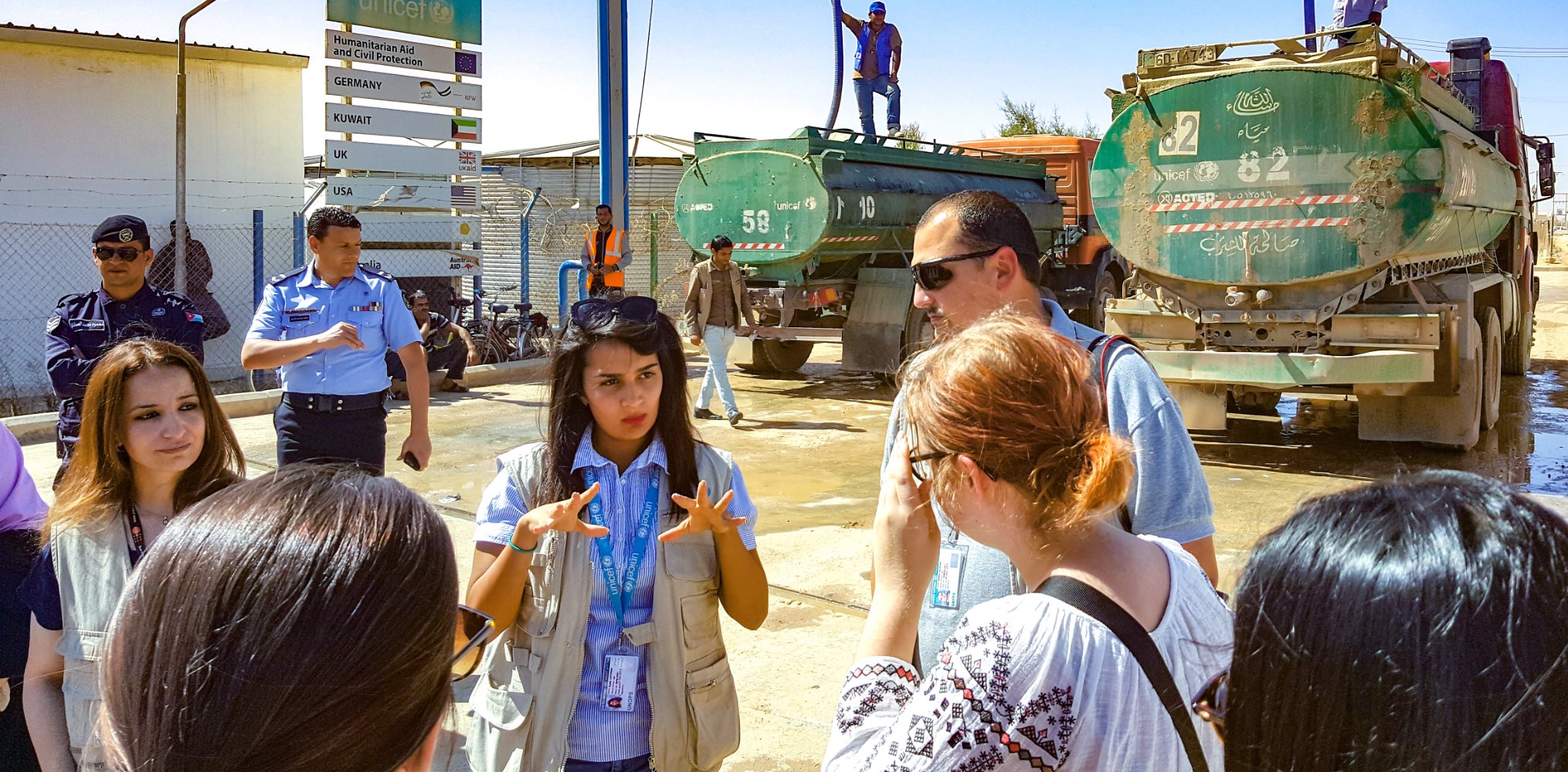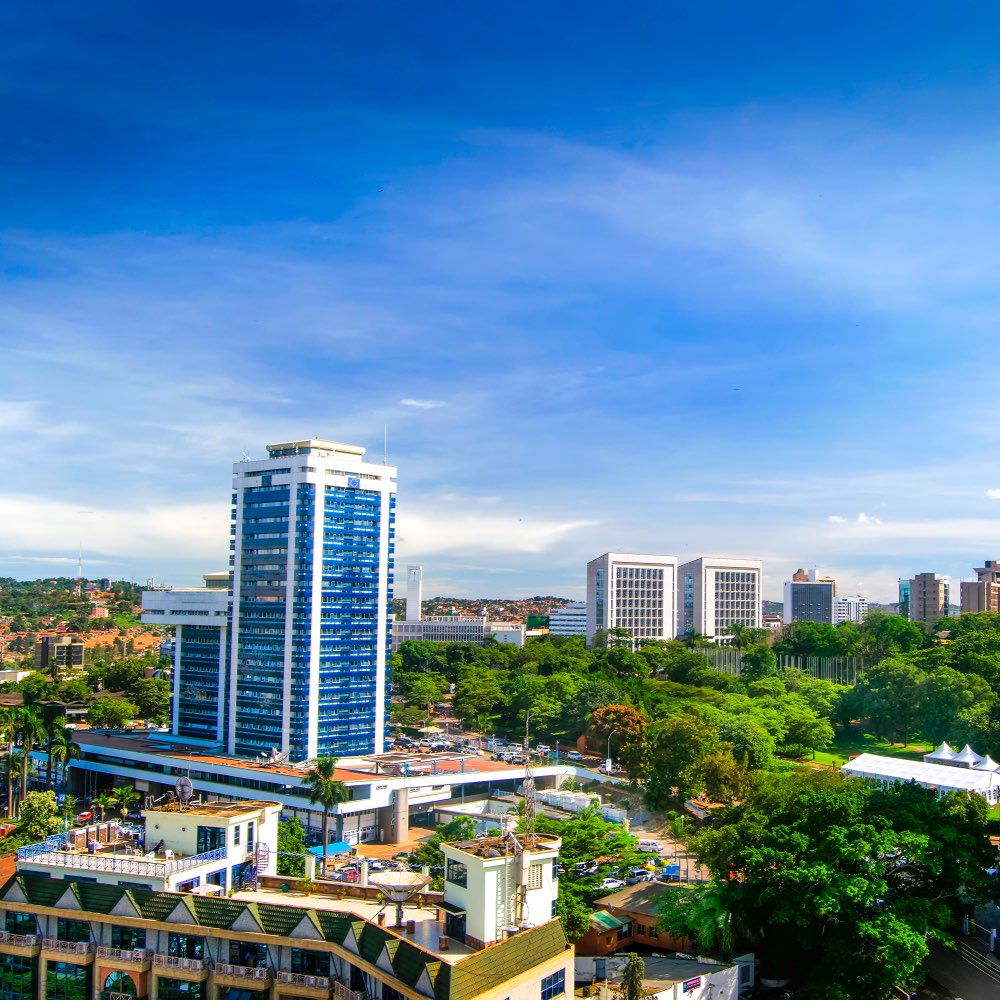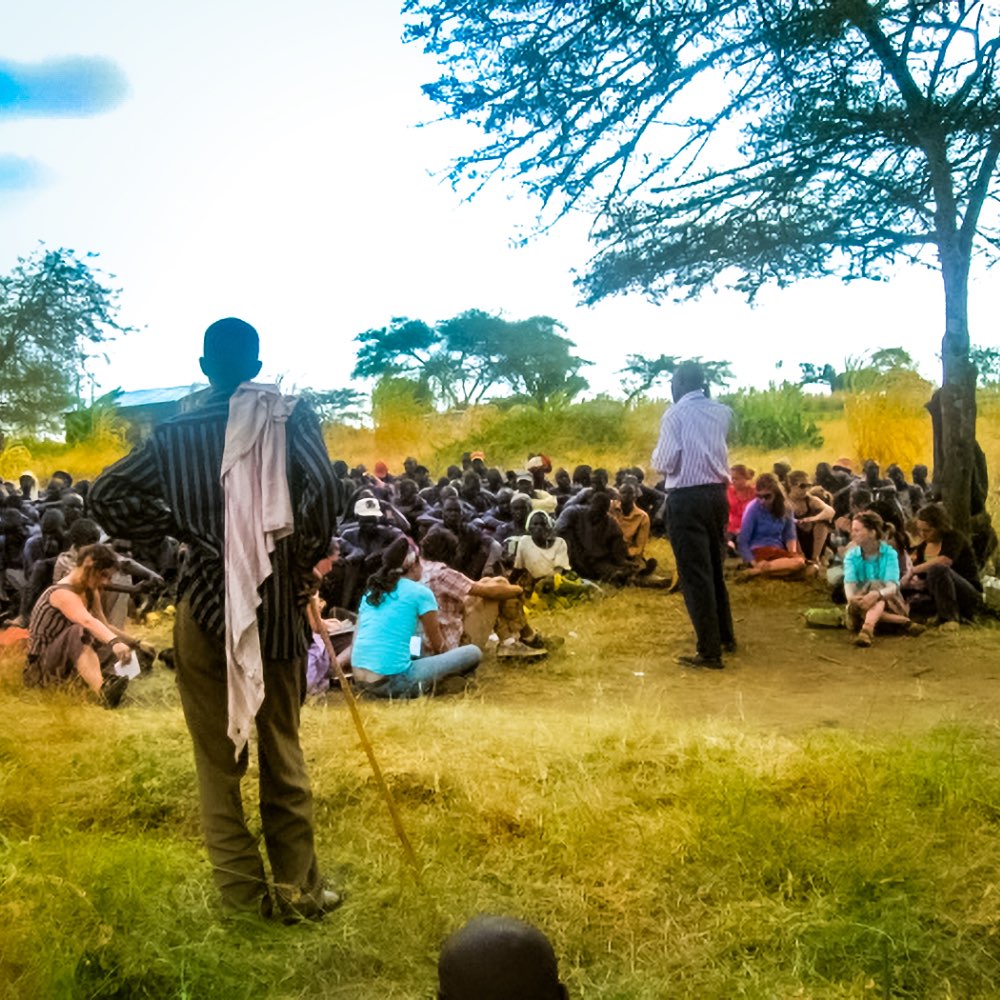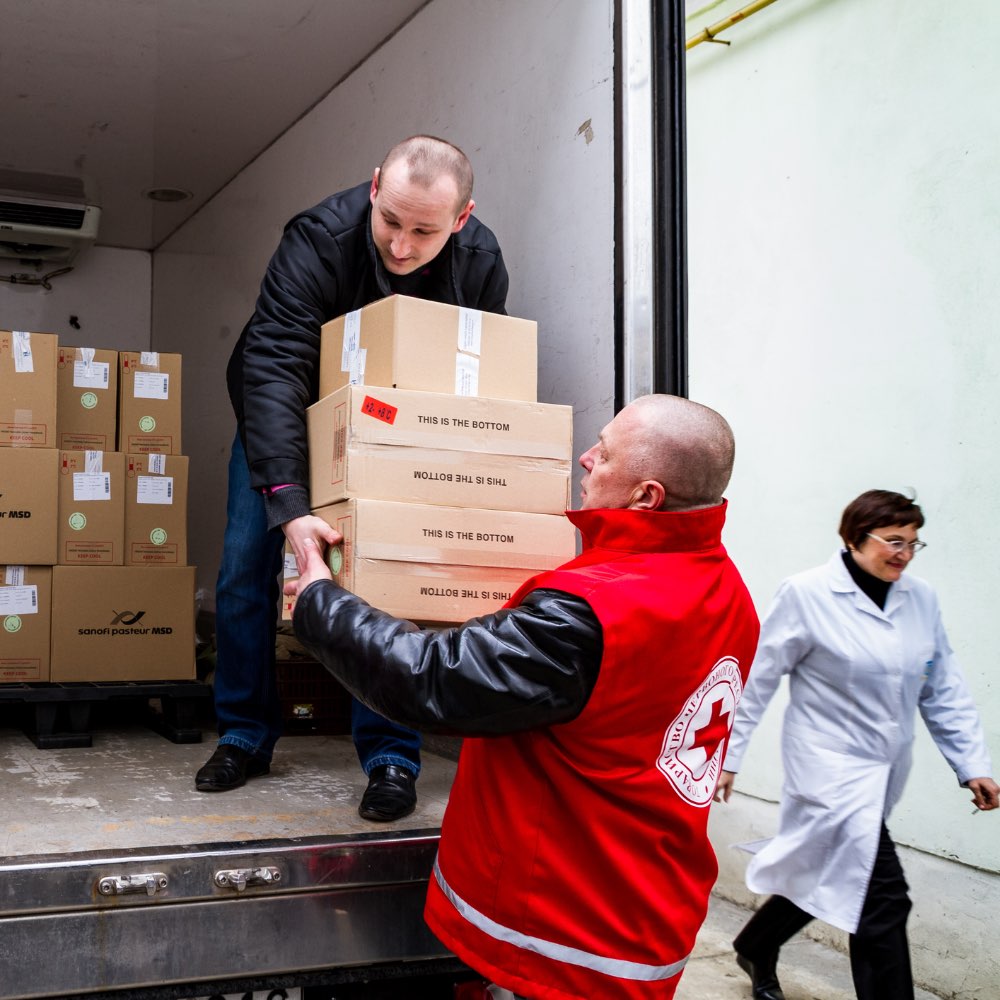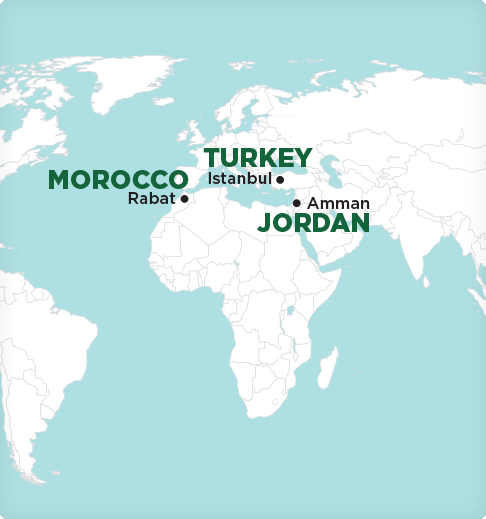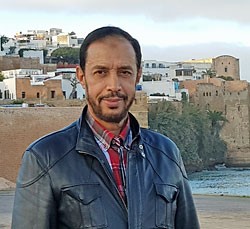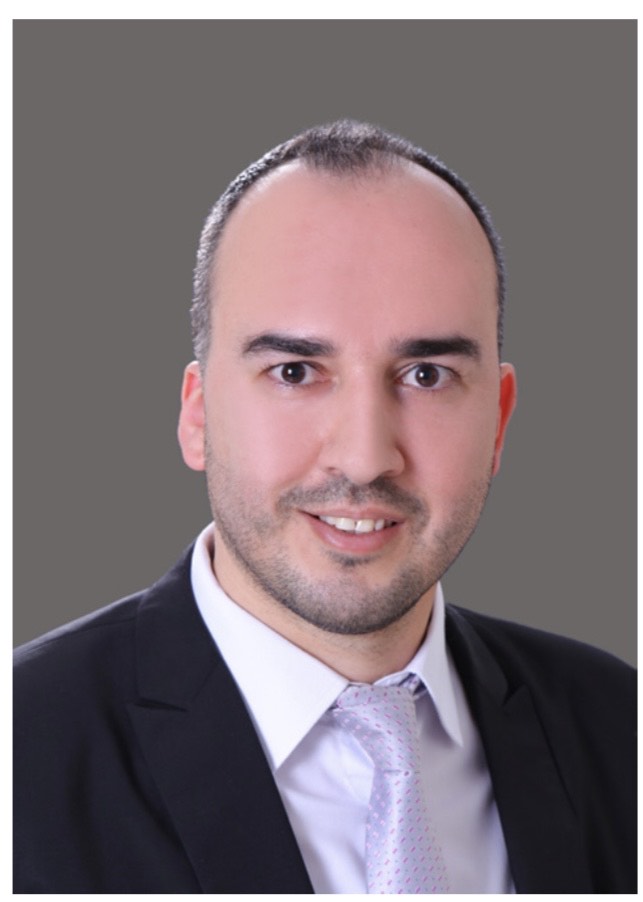Please note that SIT will make every effort to maintain its programs as described. To respond to emergent situations, however, SIT may have to change or cancel programs.
WHY A MASTER'S IN HUMANITARIAN ASSISTANCE AND CRISIS MANAGEMENT?
Political upheaval, natural disasters, forced displacement, public health emergencies, and other major events have resulted in humanitarian crises on a massive scale. Through excursions, fieldwork, and experiential learning across at least three continents, this program gives you hands-on, graduate-level training in humanitarian assistance and crisis management.
Spend your first two semesters in Amman, Jordan, and Rabat, Morocco, observing humanitarian crises in diverse geographical, political, and cultural environments. Interact with aid workers, NGOs, and refugees, as you witness humanitarian assistance and advocacy in action.
Along the way, you will design and implement crisis management plans and humanitarian programs that will aid and protect populations affected by disaster. You will also learn how to create contingency plans to assess and approach risk to ensure the safety and well-being of yourself and others in high-conflict environments and emergency situations.
On a 10-day field study trip to Istanbul, Turkey, a country that hosts the largest population of refugees in the world, you will gain expertise in humanitarian policy, diplomacy, and advocacy. Meet with the United Nations refugee agency, National NGOs, the Turkish Red Crescent, and other key organizations engaged in relief, protection, advocacy and humanitarian diplomacy.
In your final semester, you will put your learning into practice during a 12-week field practicum in a location of your choosing. You will also complete a capstone paper reflecting on the experience.
Designed to prepare the next generation of leaders in humanitarian assistance and crisis management, this unique master’s degree gives you the skills and on-the-ground experience you need to stay ahead of critical issues stemming from the world’s rising number of humanitarian crises.



